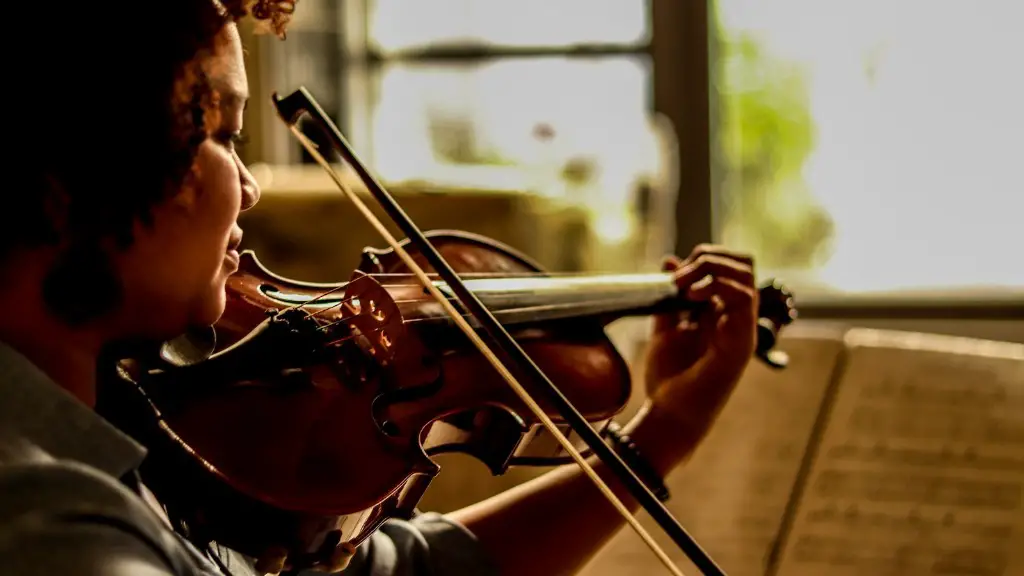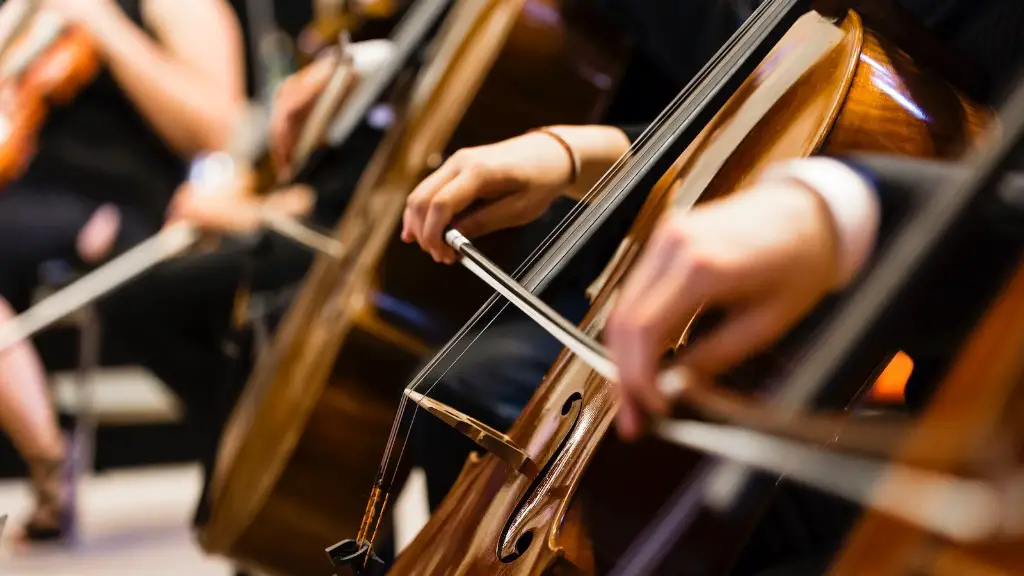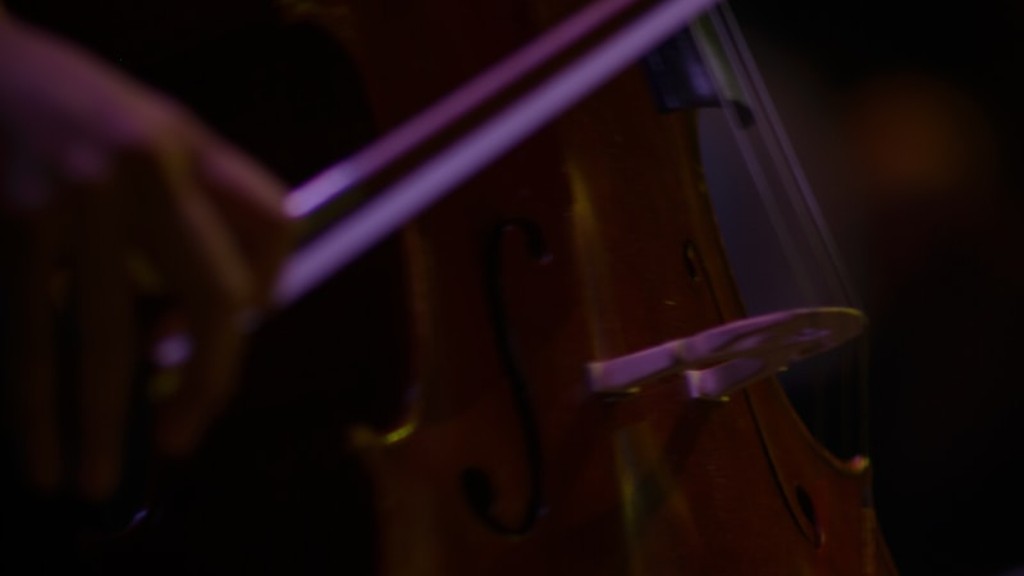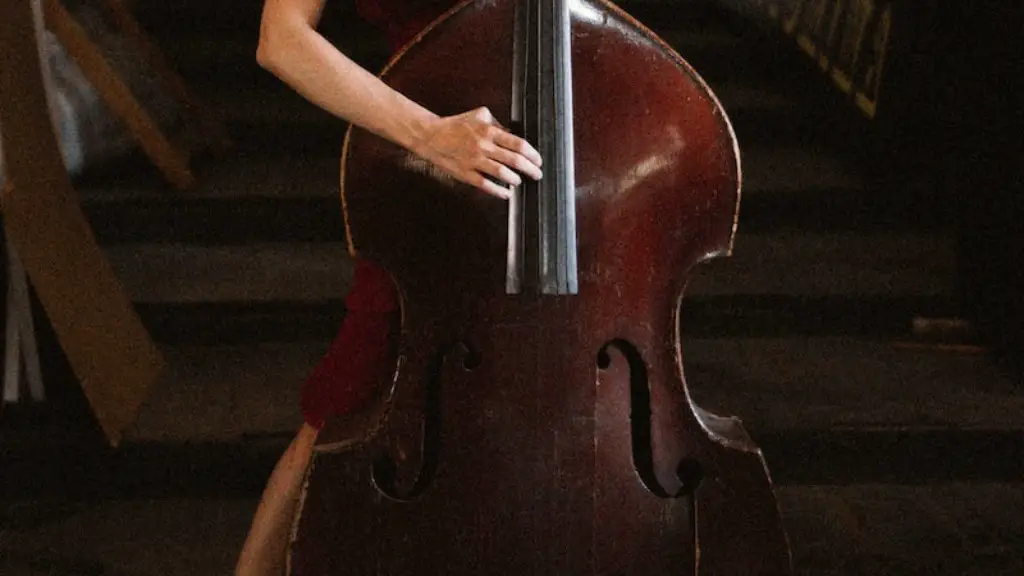It is an important question to ask when considering taking up the violin: how many hours a day should I practice violin? The answer to this question varies depending on your goals and skill level, but it is generally recommended to practice between 30 minutes to 2 hours per day. If you are a beginner, it is best to practice for shorter periods of time several times each day. This will help you keep your focus and have more efficient practice sessions. If you are more advanced, however, it is possible to have longer practice sessions.
No matter what skill level you are at, it is important to take breaks throughout your practice session. This allows your mind and body to rest and prevents burnout. Additionally, taking breaks during long practice sessions can help you stay focused and ensure that your playing is accurate. It is also important to remember that slow and steady progress over time leads to the best results.
How Long Should a Beginner Practice Violin?
For beginners, the amount of time spent practicing the violin should depend on individual goals and skill level. Generally, a beginner should practice for at least 30 minutes to 1 hour every day. As your skills improve, you can gradually increase the amount of time spent practicing. Make sure to focus on playing with proper technique and consistent practice habits. Set aside a specific time each day for violin practice, and try to stay consistent throughout the week for best results. Additionally, if you are short on time, break up your practice sessions into shorter intervals throughout the day. With regular practice, you’ll be able to reach your goals in no time!
Establishing a Practice Plan
Developing a practice plan for the violin is essential for making progress and reaching the desired level of proficiency. It is important to consider the amount of time that can be dedicated to practice each day, as well as the best strategies to make that practice effective. Generally speaking, at least two hours of practice a day is recommended for intermediate and advanced players. For beginners, 45 minutes to an hour of focused practice can be beneficial. During this time, it is important to focus on fundamentals such as scales and arpeggios, as well as exercises that build on those skills. Focusing on specific pieces or techniques can also help improve overall playing ability. It is also important to vary the practice routine, so that one does not get bored or become too comfortable with the material. Taking breaks throughout practice sessions can help keep motivation levels high and allow for more effective learning and growth.
Time Management Tips for Violin Practice
Practicing violin can be a difficult task to manage when you have other commitments in life. It is important to allocate enough time for practice, yet balance it with other activities. Generally speaking, a good guideline is to practice for an hour per day, but this can vary depending on your skill level. Beginners might find it beneficial to practice for two or three short periods of time throughout the day, while advanced players might need more time.
It is also important to be mindful of how you are spending your practice time. Try to focus on improving specific skills and techniques during each session rather than just playing the same material over and over again. Additionally, take breaks to avoid getting burned out and give yourself something new to look forward to during the next session. Make sure you have a clear goal in mind before each practice session, as this will help you stay motivated and focused on the task at hand.
Finally, don’t forget to track your progress so that you can assess how far you’ve come and what needs improvement. Taking notes or recording your playing can be a great way of monitoring your development and keeping track of any areas that need further work. With proper time management and dedication, anyone can become an accomplished violin player!
Stretching and Warm-Ups Before Practicing Violin
Practicing the violin can be demanding, so it is important to warm up properly before getting started. Stretching and warm-up exercises help prevent injury, improve playing technique, and increase the range of motion of your bow arm. Basic stretches like shoulder rolls, arm circles, and wrist rotations can help loosen up your muscles and joints. You should also spend some time stretching your back, neck, and legs in order to prevent strain. Doing a few minutes of yoga poses or simple calisthenics can also be beneficial.
Warm-up exercises are vital for violin practice as they help prepare your muscles for more strenuous activities. Exercises such as bowing on open strings, scales, arpeggios, and various bow strokes will help you get into the groove. These exercises should be done slowly to build up strength and stamina before moving onto more challenging pieces. As a general guideline, it is recommended to practice for no longer than two or three hours per day. However, this may vary depending on individual ability levels. It is important to take regular breaks in order to avoid fatigue or strain.
Incorporating Theory Into Your Practice Sessions
Practicing the violin should be a balanced experience. Even though it is important to learn new pieces and increase technical proficiency, it is also important not to neglect the understanding of music theory. Incorporating theory into your practice sessions can help you better understand how music works and how to make more informed decisions as a musician.
When deciding how much time to dedicate to practicing violin each day, consider including time for both playing and theory. A good rule of thumb is to devote 30 minutes each day for playing and another 30 minutes for theory. During your playing practice session, focus on learning new pieces and perfecting existing repertoire while taking care of any technical issues that arise. During your theory practice session, you can focus on developing your understanding of musical elements like harmony, form, rhythm, melody and texture.
It is also essential to have a structured approach when practicing both playing and theory. Set goals for yourself and develop plans on how you will achieve them. Doing so will help you stay motivated and progress more efficiently in both areas. In addition, take breaks throughout your practice sessions – this will allow you to refresh your mind and come back with a renewed sense of focus and enthusiasm.
Finally, remember that incorporating theory into your practice sessions should not be seen as an additional burden – it should be an enjoyable experience that helps you become a more confident musician!
Practicing Violin
Playing the violin requires regular practice and dedication to be successful. How much time should you devote to practicing? That depends on your individual goals. If you are a beginner, aim for at least an hour of practice a day. As you become more experienced, gradually increase the amount of time that you spend practicing so that it becomes comfortable and enjoyable. Breaking down complex pieces of music can be challenging but is essential for mastering the instrument. You may need to slowly work through passages, dissecting them into small chunks to get a better understanding. You should also set aside some time each day to learn new techniques or pieces of music. With consistent practice, your skills will improve over time and you will find yourself playing better tunes with ease.
The Bottom Line
In conclusion, it is important to remember that the amount of time you should practice violin each day depends on your individual goals and needs. If you are just starting out, 10-20 minutes a day is a great starting point. As you progress, you can increase your practice time to an hour or more per day. It is also important to remember that consistency is key and that practicing little and often is more effective than cramming in long practice sessions. With dedication and effort, you will eventually become a skilled violinist!




